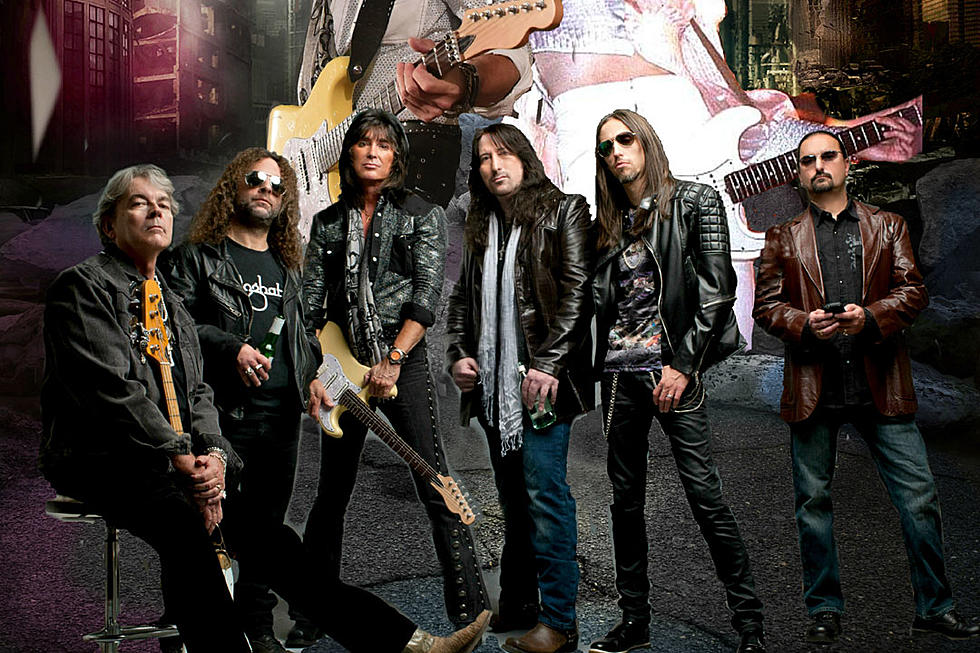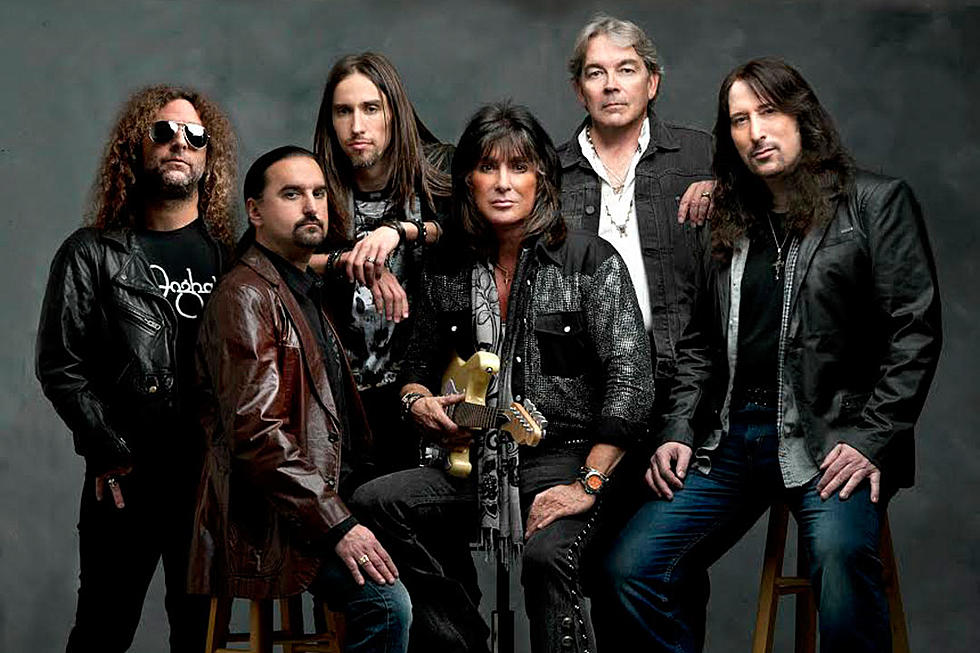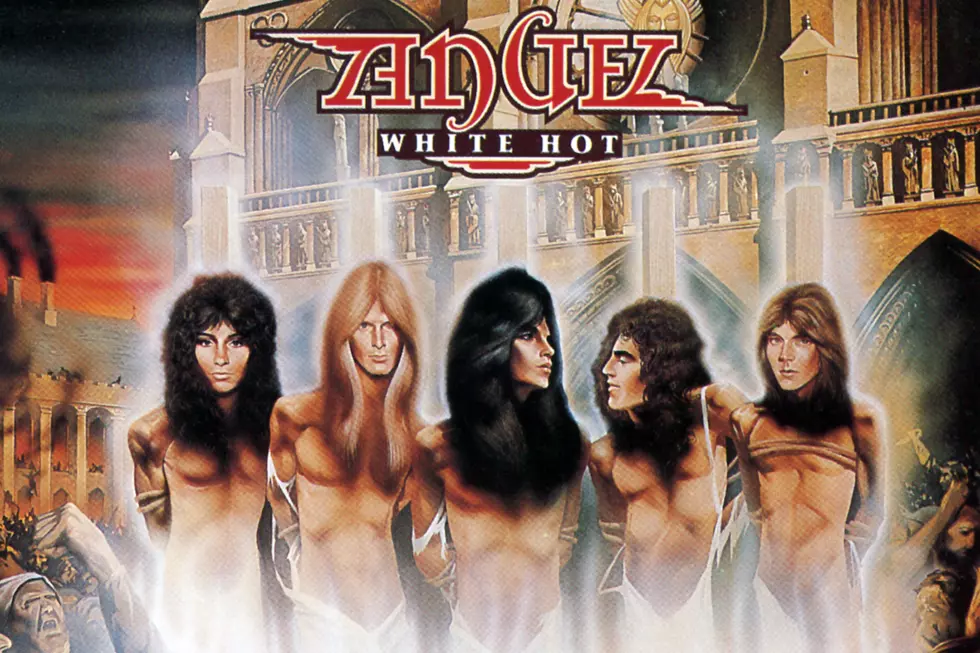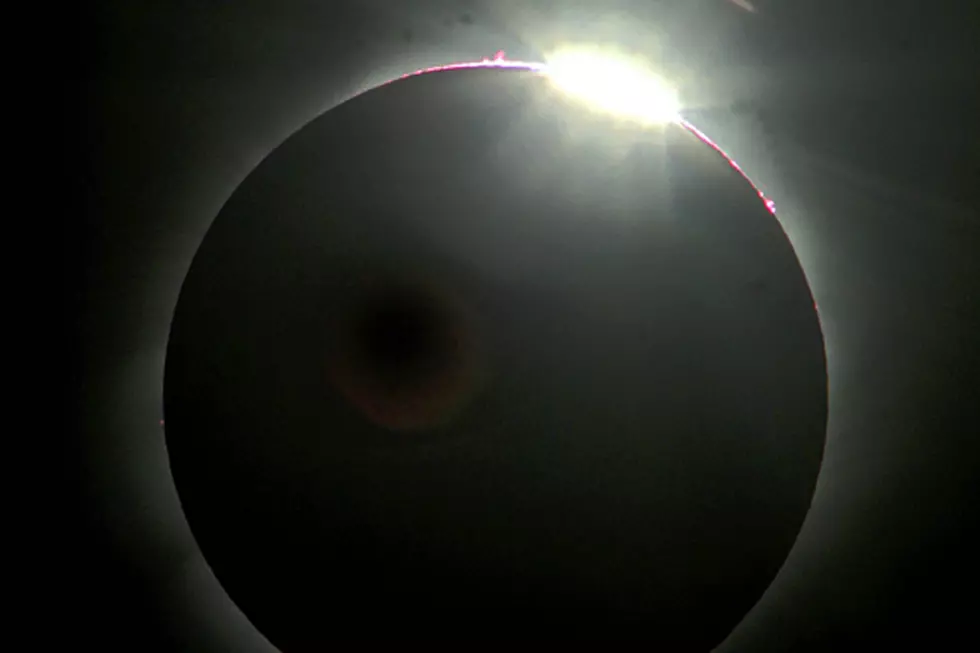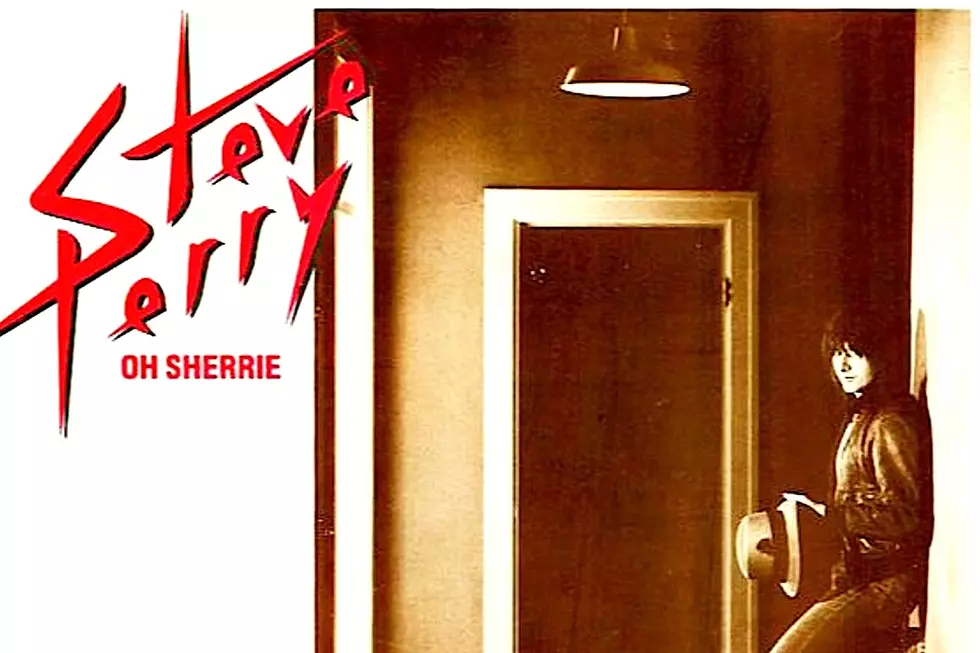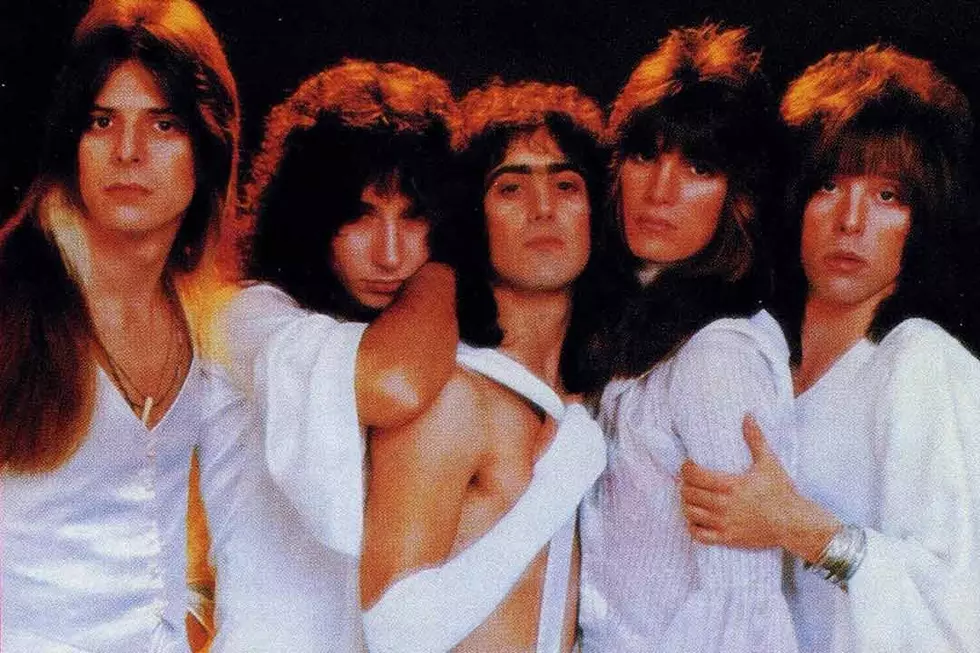
When Angel Made Their Heavenly Debut
From the dawn of time, gimmicks have made the world go round – especially in showbiz. Sometimes those gimmicks are nothing more than a way to grab attention, but more often than not, they're put in place to make up for something that's lacking. By the mid-'70s, gimmicks were outweighing substance, with many fingers pointing at Kiss as main offenders.
Casablanca Records, which was run by Neil Bogart, had a roster filled with artists who loved gimmicks – from the moan-along Donna Summer records to the over-the-top Parliament's outlandish shows. Kiss were on the label; so was comedian Rodney Dangerfield. And so were Angel, who took theatrical gimmicks in a singular new direction. They had the chops and songs to back it up, and with Casablanca's promotional muscle behind them, they seemed like they were on the way to being music's Next Big Thing.
Released on Oct. 27, 1975, the band's self-titled debut hit record stores with a fair amount of old-fashioned hype. Radio immediately took to "Tower," with its sci-fi-meets-heavy-metal intro, and it became an FM favorite – a soaring and majestic tune with power chords, somewhere between Queen and Led Zeppelin, that still pack a powerful punch.
The band's gimmick (the members were all dressed in white) got them labeled the "anti-Kiss" by rock critics. Their stage shows included a huge talking logo that would introduce the group members one by one as they emerged from a pod – just like Spinal Tap!
But the record didn't sell much, even though songs like "Rock & Rollers" were a perfect fit for mid-'70s radio. That song in particular features a short but energetic blast of hard rock with a catchy chorus and dynamics to spare. "Broken Dreams" and "On and On," even with their riff-heavy choruses, failed to push the album into fans' record collections. Even the ballads "Long Time" and "Mariner" didn't make a dent into playlists.
Singer Frank DiMino fell somewhere between Robert Plant's emphatic phrasing and the soaring nature of Yes' Jon Anderson. Angel's songs tended to lean heavily on the keyboards played by Greg Giuffria (who'd go on to solo success in the '80s). Drummer Barry Bandt and bassist Mickie Jones made for a solid rhythm section, allowing guitarist Punky Meadows to shine.
But even with all these pieces in place, the album failed to ignite. You can argue that those gimmicks and their image did serious damage to the genuinely solid hard-rock band. Angel went on to make four more albums, only two of which managed to crack the Top 100. After releasing a live album in 1980, the band broke up, never realizing its full potential.
20 B-Sides That Became Big Hits
More From Ultimate Classic Rock


